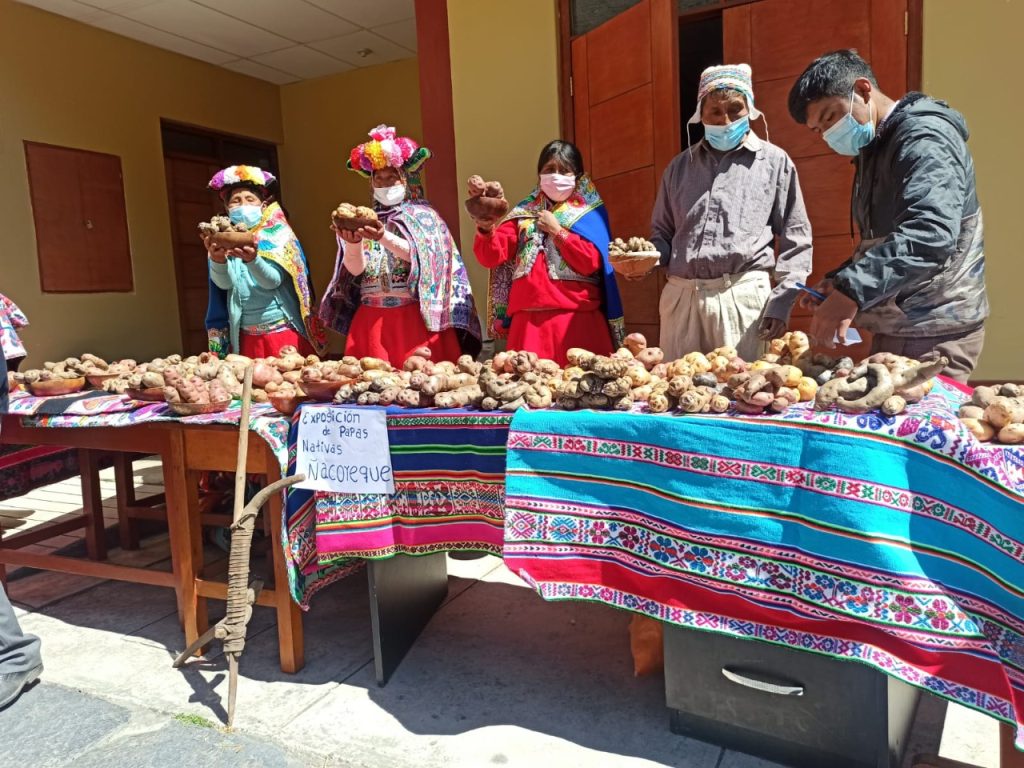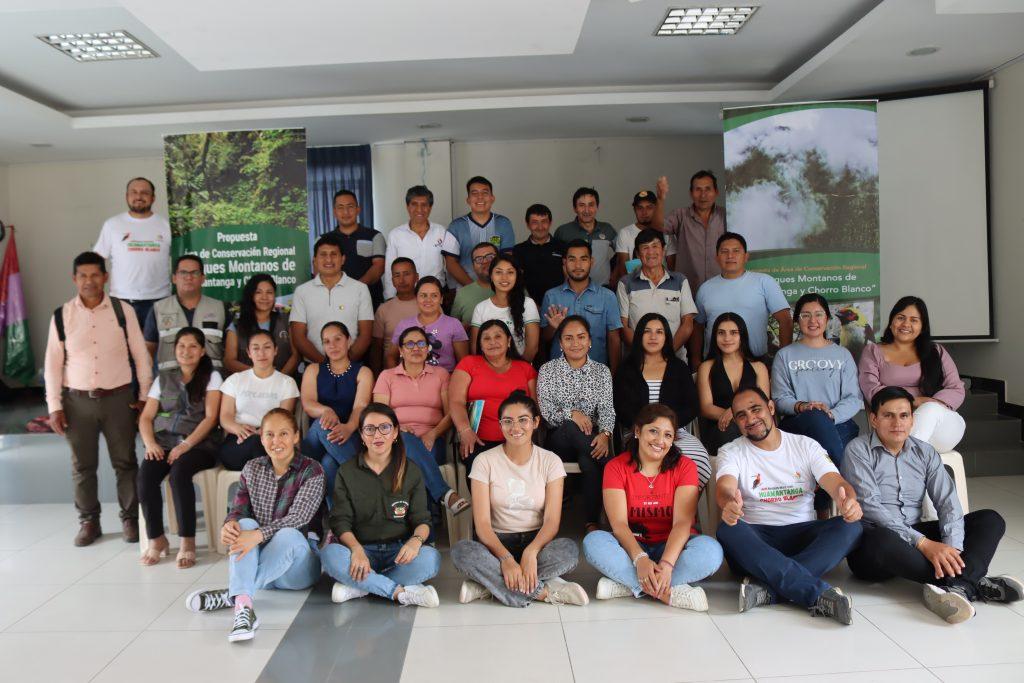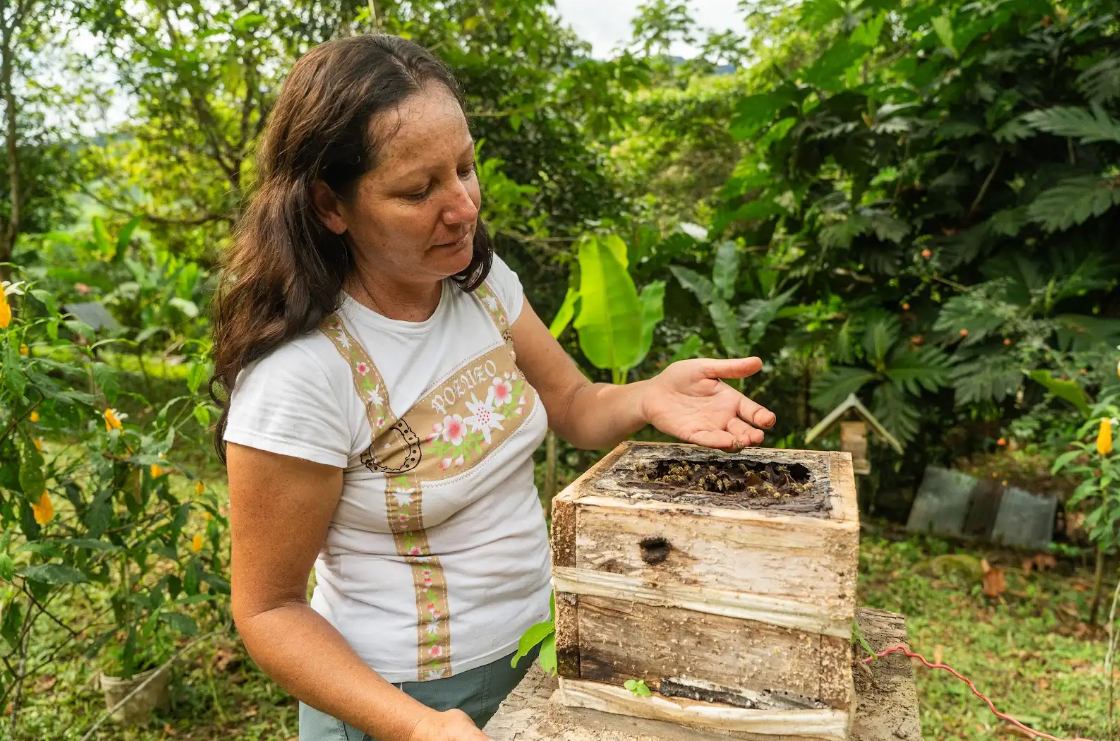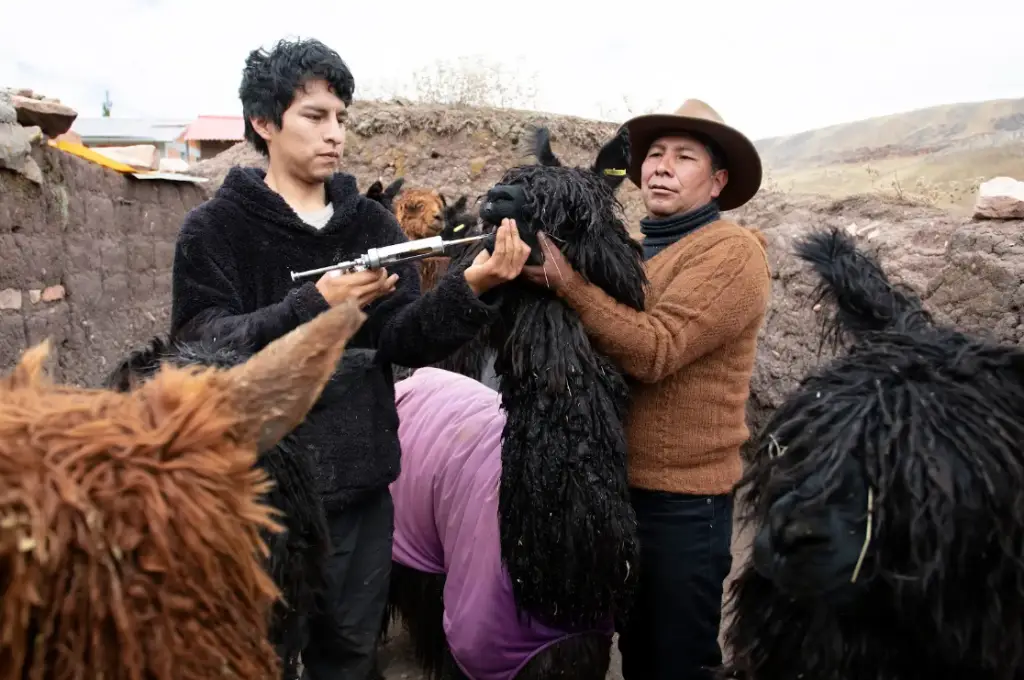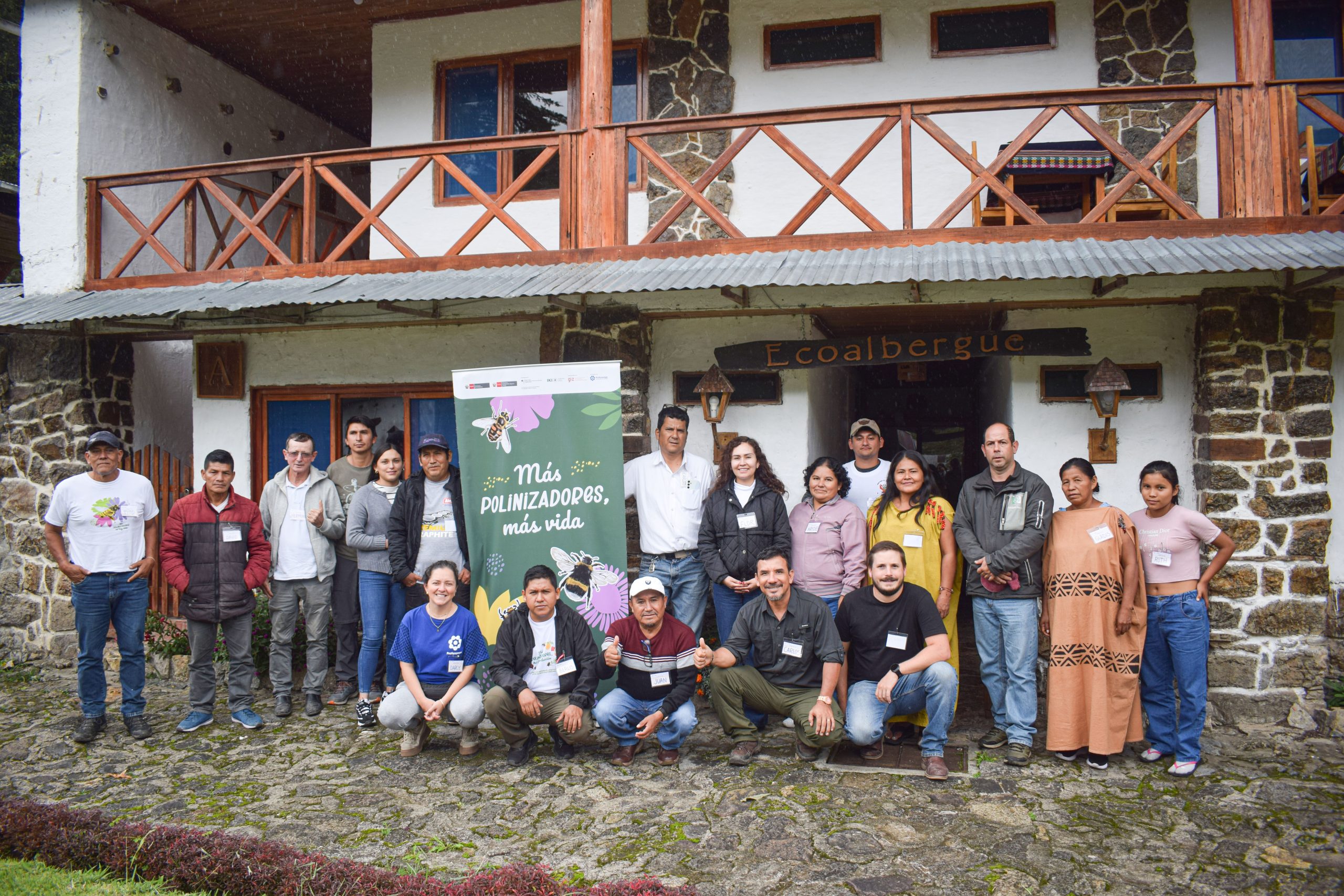A total of 51 families from six farming communities in the district of Cuyocuyo, in Puno, benefited from retributions granted by the Ministry of the Environment (Minam), amounting to S/22,000, in recognition of their work in the recovery of 22 potato, oca, olluco and añu (mashua) cultivars, which were in danger of disappearing.
The delivery ceremony took place this morning in a virtual event with the participation of the Minister of Environment, Ruben Ramírez, who said that farmers in the district are “preserving food security through the planting and harvesting of endangered varieties and breeds of potato species, mashua, oca, among others.”
He also stated that this is “a well-deserved incentive, through the Payments for Agrobiodiversity Conservation Services (PACS) program, which rewards these practices that are being replicated in other areas such as Huancavelica, Cusco and Apurimac.”
In his message delivered via virtual transmission, he highlighted the State’s efforts to support the work of conservationist farming families. “It is an effort that the Peruvian State has been making through Minam and Midagri. It is a deserved recognition, focused on the welfare of the people. A national and international example of the preservation of agricultural species,” he stressed.
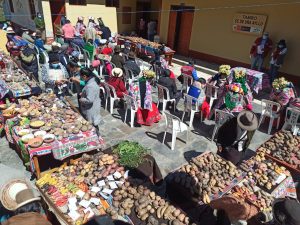
Conservation compensation
Minam, in collaboration with Bioversity International, has been promoting the Payments for Agrobiodiversity Conservation Services (PACS) mechanism, an initiative that seeks to generate agreements for the conservation and sustainable use of native cultivars at high risk of disappearing in the country. For this year, it is planned to deliver retributions for an approximate value of S/190,000, in the aforementioned regions.
In this same perspective, Minam, together with the Ministry of Agrarian Development and Irrigation (Midagri), FAO, Profonanpe, regional and local governments, and farming communities, are promoting the GEF Agrobiodiversity GIAHS II project, which generates experiences and data for the design of comprehensive public policies aimed at mitigating the reduction of our agrobiodiversity and the deterioration of the environment, and improving the economic conditions of farming communities.
Through this intervention, efforts to recover diverse seeds are strengthened, so that they return to the farms and become part of nature-based solutions and help strengthen food security and resilience in the face of climate change, thus reversing the deplorable figures of anemia and malnutrition in our farming communities, and promoting more sustainable and inclusive development.
Source: ANDINA


